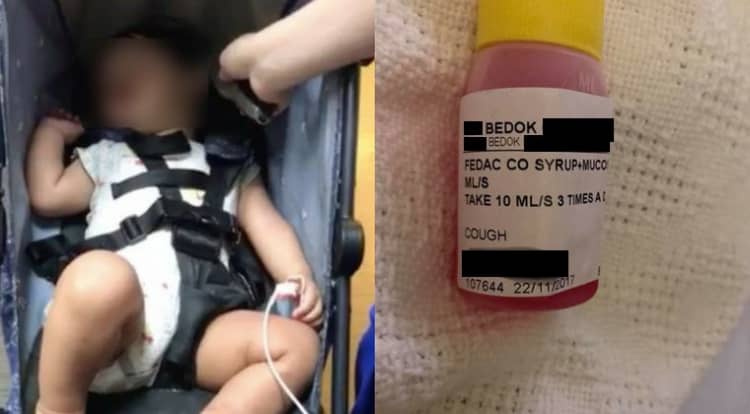Anyone suffering from shortness of breath/difficulty breathing or chest pain/tightness should visit their doctor for urgent assessment. If the symptoms are severe or persistent, I usually advise my patients to go to the emergency department for further tests. If you are currently suffering from these symptoms, I advise you to stop consulting Dr Google and head down to your nearest doctor now.
A variety of conditions can cause difficulty breathing and/or chest pain. These range from simple ailments to severe life-threatening diseases:
- Muscle strain
- Costochondritis (inflammation of the rib cartilage)
- Anxiety
- Pneumonia (chest infection)
- Asthma attack
- Heart attack
- Arrhythmias (Irregular heartbeat)
I usually prescribe pseudoephedrine tablets and nasal sprays for patients suffering from upper respiratory tract infections or allergic rhinitis. In general, these conditions do not tend to cause breathlessness/chest pain.
Pseudoephedrine is a medication that is often used to treat nasal and sinus congestions (eg. blocked nose). It is a decongestant and it works by vasoconstricting (narrowing) the nasal blood vessels.
Nasal sprays can contain different types of medicine and not all can be used interchangeably - it is important for you to know what nasal spray you are using. Some treat nasal congestion while others might be for treating conditions like for sinusitis, allergic rhinitis, or postnasal drip. Examples of nasal sprays include decongestants (use only for a maximum of 3-5 days in a row), intranasal steroids, and saline sprays.



